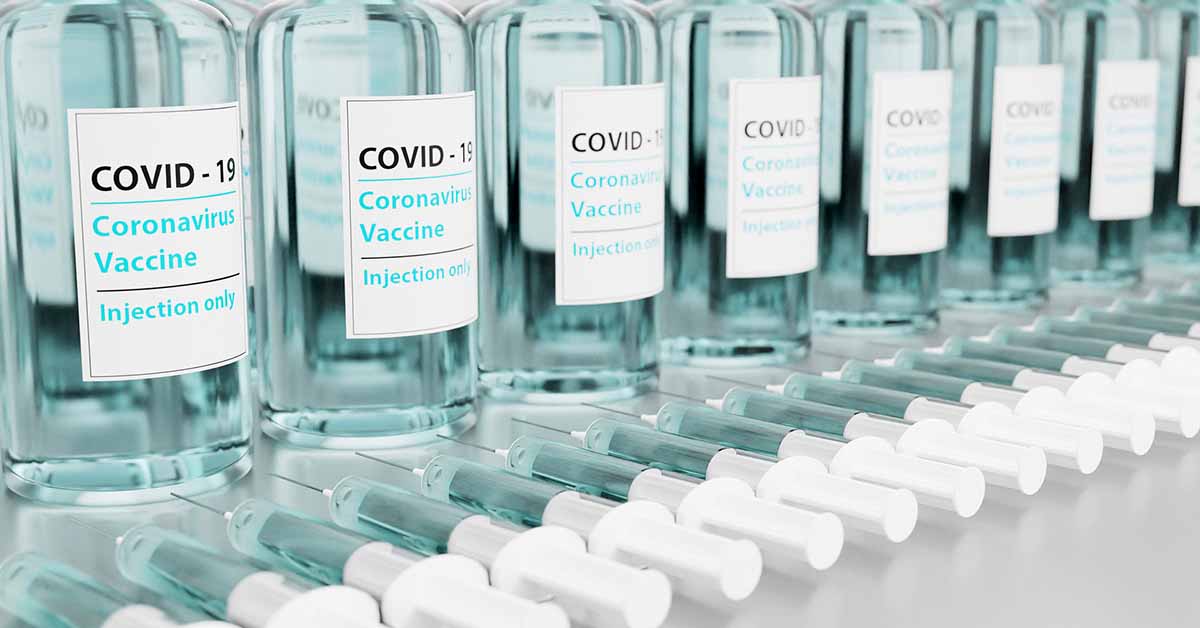Important note: This article is intended for those who understand vaccines as critical to maintaining their health and that of their families. It is NOT intended for those who are anti-vaccine and as such is NOT intended to foster a discussion on the merits of vaccines in this forum. It is also NOT intended to foster a discussion of the lethality of COVID-19 or the need for civic action to limit the spread of the disease.
Do you want to receive a COVID-19 vaccination but are concerned your severe allergies might put you at risk for anaphylaxis? Penn State wants you and they’re willing to pay your expenses and give you a cash reward.
The Centers for Disease Control (CDC) note that anaphylaxis after COVID-19 vaccination is rare, occurs in approximately 2 to 5 people per million vaccinated in the United States and almost always occurs within the first 30 minutes based on reports to the Vaccine Adverse Event Reporting System (VAERS). That’s why individuals receiving their first dose are observed for 15-30 minutes for signs of a serious reaction and are immediately treated with epinephrine if they do.
Why do some people react to the vaccine? One culprit may be polyethylene glycol (PEG), an ingredient with tiny, greasy spheres that are used in COVID vaccines to protect the active ingredient (mRNA) and help it penetrate cells.
Penn State is conducting a study to understand why a small percentage of people react to the vaccines and is recruiting individuals with severe allergies who have not yet been vaccinated.
According to Dr Timothy Craig, an allergy, asthma and immunology specialist at Penn State Health Milton S Hershey Medical Center, the university will cover travel and hotel expenses and provide payments of $50 per shot, with the payment expected to soon rise to $100 per shot.
All participants will receive the two shots of the Pfizer or Moderna vaccine required for full vaccination while some in the placebo group will receive a third shot containing a harmless placebo. The shots will be administered over two to three weeks depending on the vaccine.
Upon receiving a shot, study participants will be watched for 90 minutes by medical professionals experienced in dealing with reactions who have immediate access to treatments including epinephrine, the standard treatment for anaphylaxis.
The Milton S Hershey Center is among a group of hospitals nationwide participating in the study funded by the National Institute of Allergy and Infectious Diseases (NIAID).
For more information visit Penn State’s StudyFinder, call 717-531-4513 or go to ClinicalTrials.gov and search for NCT04761822.





